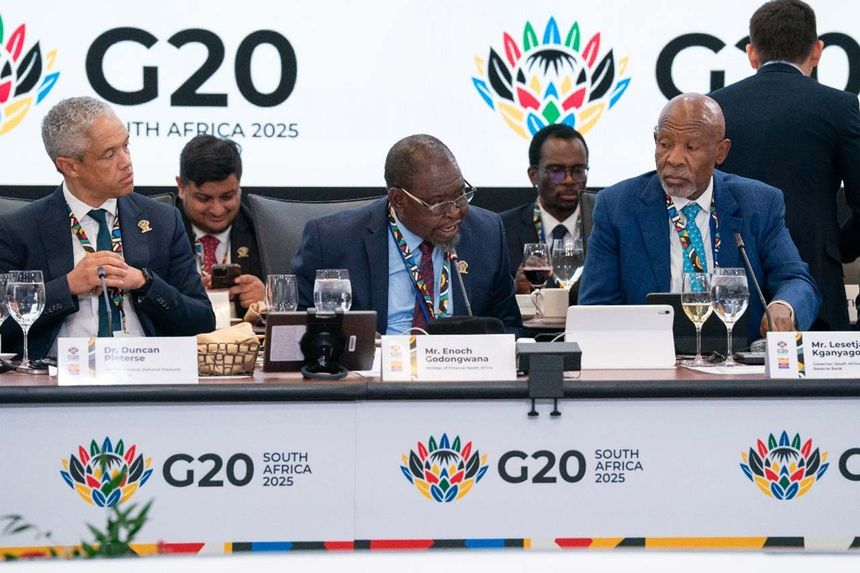
As South Africa steers the G20 under the theme of “solidarity, equality, and sustainability,” it’s in the perfect position to tackle the food crisis. Luckily, the blueprint for success exists through Brazil’s model, which has lifted 40 million people from hunger by reinstating proven policies.
Therefore, eliminating hunger is not a matter of new technology, but of political will. South Africa has a unique platform to champion these proven, scalable solutions across the African context.
These four key policy tools can form the backbone of a continental strategy:
- Localized Public Procurement: Directing school meals and food programs to source from African smallholder farmers, boosting rural economies and nutrition.
- Price Stabilization Mechanisms: Using buffer stocks to protect both consumers from food price spikes and farmers from income collapse.
- Robust Social Protection: Expanding cash transfers and living wages to ensure households can afford healthy diets.
- Legal Frameworks: Enshrining the right to food in law to hold governments accountable.
At the recent UN Food Systems Summit, South Africa committed to food sovereignty and recognized agroecology as a pathway to climate resilience. This aligns with vibrant, grassroots food systems already in place. For instance, a network of 78 smallholder producers in KwaZulu-Natal, mostly women, sustain the local communities.
The G20 must now shift support away from export-oriented agribusiness and toward climate-resilient, local food systems. By leveraging its presidency to secure concrete commitments, South Africa can ensure that “solidarity” means empowering the small-scale farmers who are the true backbone of Africa’s food security


Add a Comment